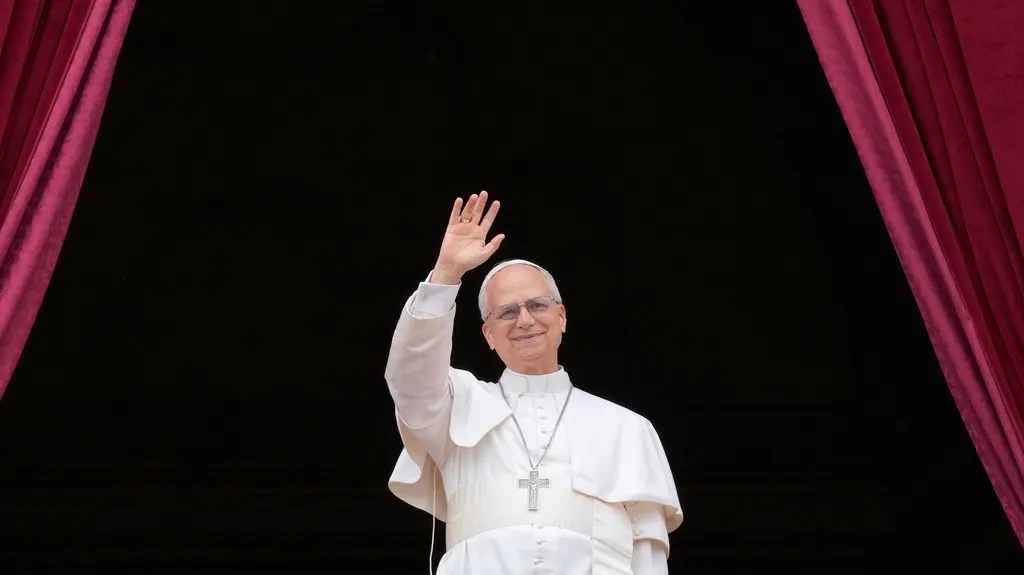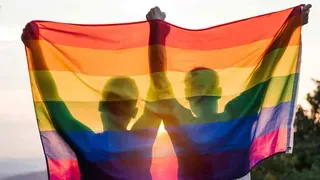July 26, 2007
NYC transit fares, road tolls would rise under MTA plan
David Foucher READ TIME: 3 MIN.
As the Metropolitan Transportation Authority weighs a plan that could raise transit fares and bridge and tunnel tolls every two years, its biggest challenge may be persuading people that the need for the increases is real.
The agency says the nation's biggest mass-transit system needs to increase fares to offset a looming budget deficit. But the MTA was $937 million in the black last year, and it has a recent history of claiming to be on the edge of financial disaster, only to report a huge budget surplus at the end of the year.
Now, MTA officials are painting the potential increases as a way to keep the transit system moving ahead, instead of slipping backward. The authority recently embarked upon one of its largest expansion projects in decades.
"Nobody wants a fare increase," said the MTA's chairman, Peter S. Kalikow. But he said subway riders would rather pay a modest hike than tolerate a return to the days of spotty service and dirty trains.
"We do not want to go back to the 1970s," he said.
Under a plan transit officials proposed Wednesday, the first and steepest of the fare hikes would come next year, when drivers and subway, bus and commuter train riders would be hit with price increases averaging 6.5 percent.
The details of which fares would rise and by how much have yet to be determined, MTA Executive Director Elliot G. Sander said in a presentation to the authority's board.
But if the 6.5 percent increase were applied across the board, a single bus or subway ride would cost $2.13, up from $2. A drive across the Triborough Bridge would be about $4.80, up from $4.50. A one-way rush hour ticket from Mineola to Manhattan on the Long Island Rail Road would cost $8.79, up from $8.25.
Starting in 2010, fares would rise every two years at the rate of inflation. Those regular hikes would replace the infrequent but often dramatic fare increases the MTA has implemented.
The MTA's board voted Wednesday to begin a series of public hearings on the still-developing proposal. A final decision about hikes won't be made until December.
The fare and toll hike is one of several plans in the works that would make it more expensive to get in and out of the city.
Mayor Michael Bloomberg is continuing to push for a high-tech system that would bill car drivers $8 to enter much of Manhattan, already one of the country's most expensive places to drive.
Much of the revenue of those tolls would be used to fund public transit, although the MTA said it wasn't counting on the money being available soon enough to avoid a fare hike.
New Jersey Transit, which operates trains across the Hudson River, increased fares systemwide by nearly 10 percent in June.
The MTA's proposed fare increases received a mixed response from politicians and public transit advocates.
City Councilman John Liu, who heads the council's transportation committee, called the timing of the proposed hike "awful."
"Before the MTA decides to once again hike transit fares, New Yorkers need to be assured that a thorough top-to-bottom review of potential cost-saving measures has taken place," Liu said in a statement.
Gene Russianoff, a staff lawyer for the Straphangers Campaign, an advocacy group, said a fare hike may, in fact, be needed. The MTA, he said, has taken on a dangerous amount of debt.
The authority is predicting that recent surpluses will turn into a $1.4 billion deficit by 2009 if nothing is done.
Sander said the surplus would evaporate because of increases in employee pension and health care costs, the size of the construction campaign and an expected leveling off of the revenue the MTA receives from the city's real estate transfer tax.
David Foucher is the CEO of the EDGE Media Network and Pride Labs LLC, is a member of the National Lesbian & Gay Journalist Association, and is accredited with the Online Society of Film Critics. David lives with his daughter in Dedham MA.







